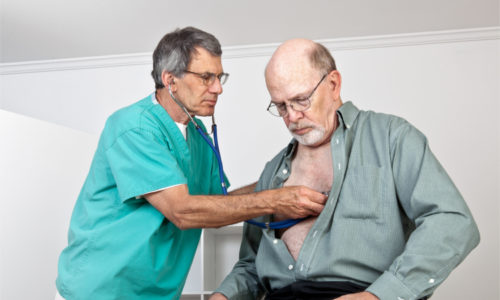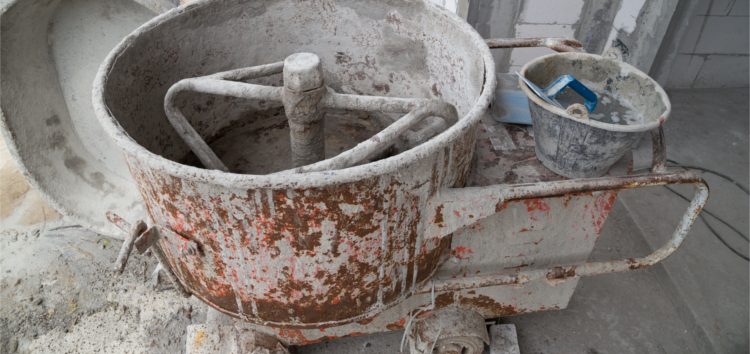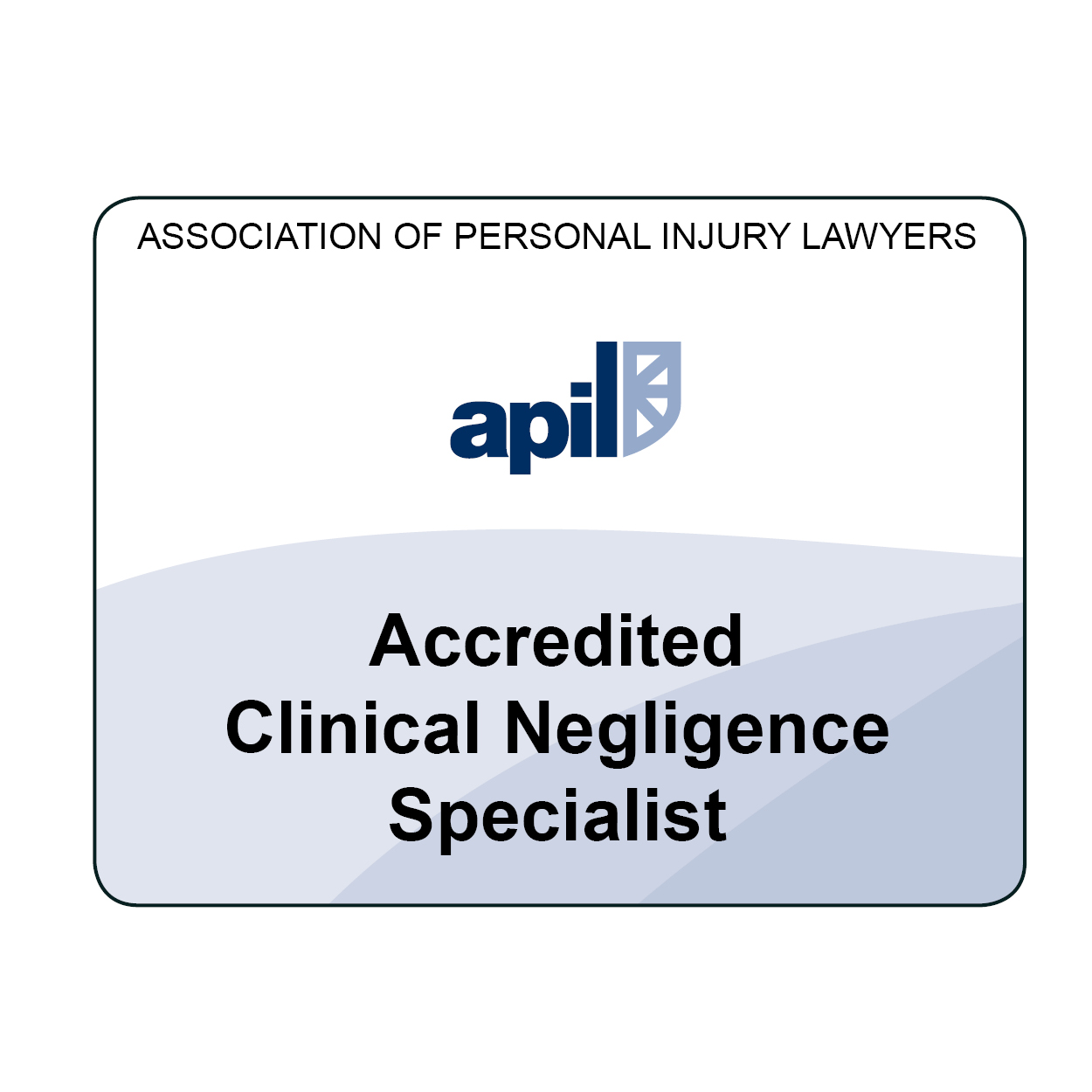Blackwater Law personal injury solicitors represented Mr Lamont in making a personal injury claim against ASDA in relation to occupational asthma arising due to inhalation of flour dust and yeast particles.
If you have contracted a serious illness as a result of your job, you may be entitled to claim industrial disease compensation. To make a successful claim though, you will need advice from an industrial disease lawyer.
Industrial Diseases & Illnesses compensation
Safeguarding the health and safety of employees should be of paramount importance for any employer. However, if this responsibility is not taken seriously then it could leave staff vulnerable to industrial diseases, which could have life-threatening consequences for the employee, and could lead to industrial disease claims.
If you have been exposed to hazardous substances, been injured at work, suffered from loss of hearing due to inadequate protection or suffered chronic back pain as a result of your working conditions, then you may be entitled to make an industrial disease claim to aid your recovery and cover any loss of earnings.
Who is Responsible for Your Industrial Illness or Disease?
Your employer is legally obliged to do everything reasonably possible to protect you from hazardous substances and situations whilst you are at work in order to minimise the risk of you developing an industrial disease or illness such as mesothelioma, pleural plaques and chronic back pain.
For example, if your working environment is particularly noisy, it is your employer’s duty to reduce the noise to an acceptable level or, if this is not possible, to put in place measures of equipment to help prevent industrial deafness or tinnitus, such as providing ear defenders. If such actions are not taken by your employer, you may be entitled to industrial disease compensation.
If your job exposes you to potentially dangerous chemicals, your employer should take all necessary precautions to ensure that these chemicals are made as safe as possible, and that contact with them is kept to a minimum or eliminated altogether if particularly harmful. Your employer is legally obliged to provide you with protective clothing whenever working with the harmful substances. If your employer does not take such action, they may find themselves the subject of industrial disease claims.

What is classed as an industrial disease?
An industrial disease is an illness you develop as a direct result of your work. This can include:
- Respiratory illnesses: Asbestos-related diseases, such as mesothelioma, lung cancer, and pleural thickening; occupational asthma caused by exposure to dust, fumes or gases.
- Musculoskeletal disorders: Repetitive strain injury (RSI), carpal tunnel syndrome, vibration white finger (HAVS) caused by working with vibrating machinery.
- Hearing loss: Caused by prolonged exposure to loud noises.
- Skin diseases: Dermatitis caused by contact with chemicals.
- Cancers: Linked to exposure to certain substances like asbestos or benzene.
This is not an exhaustive list, so if you’re unsure whether your illness qualifies, get in touch with our specialist team for a free consultation.
Related Articles
Can I make an industrial disease claim for someone who has died?
Yes, you may be able to claim compensation if you were financially dependent on someone who died from an industrial disease. This could include spouses, civil partners, children or other dependents.
What evidence would I need for an industrial disease claim?
Strong evidence strengthens your claim. Here’s what can help:
- Medical records: Documenting your diagnosis and linking it to your work.
- Employment records: Proof of your employment history and exposure to hazardous substances.
- Witness statements: Supporting your claim about workplace conditions.
- Safety reports: Evidence of employer negligence regarding safety protocols.
Can I make an industrial disease claim if the company no longer exists?
Yes, in most cases, the Government’s Industrial Injuries Disablement Benefit (IIDB) scheme can compensate you if the company is no longer operational. After your initial discussions with one of our claims advisors, we can offer guidance and support regarding the best course of action.
Which factors influence how much industrial disease compensation I could receive?
A number of things will be taken into consideration when determining how much industrial disease compensation you will receive:
- The severity of your illness: How it affects your life and ability to work.
- Loss of earnings: Past and future income you’ve lost due to your illness.
- Medical expenses: Costs of treatment and ongoing care.
- Pain and suffering: The physical and emotional impact of your illness.
Is there a time limit to making an industrial disease claim?
In England, Wales and Scotland, you generally have three years from the date of your diagnosis to make a claim. However, there are exceptions. You can still claim outside of this timeframe if:
- You were unaware of the disease until recently.
- The disease developed a long time after exposure.
We recommend contacting us as soon as possible to discuss your specific circumstances.







